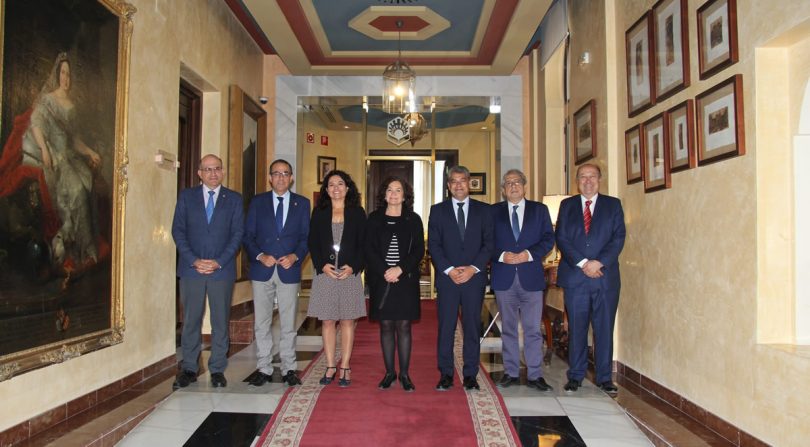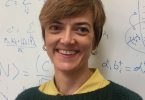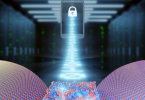The Interuniversity Institute iC1 was born from the transformation of the current University Research Institute of the University of Granada Carlos I of Theoretical and Computational Physics (26 years old) into an Interuniversity Research Institute with 4 offices located in the Universities of Granada, Seville, Malaga and Almeria. This Interuniversity Institute is conceived as an Institute that brings together researchers of excellence from Andalusia fundamentally, whose common axis is Theoretical and Computational Physics, always based on their research excellence, something that allows consolidating research with a high level of quality and internationalization, which enhances synergies, competitive, with a mainly basic character and always at the service of society.
iC1 captures and manages resources to carry out its activities, acquire infrastructures, collaborate with public administrations by disseminating research results and, finally, strengthen relations with other national and international centres. It is made up of more than sixty permanent researchers and the research carried out has not only managed to have a great international impact and reach high levels of excellence (for example, in the last five years a total of 50 research projects have been obtained in public calls for proposals, publishing around 600 articles in journals indexed in the Web of Science, of which more than 80% are found in journals in the first quartile), but this research also has an important social impact in different areas, being of great strategic value for Andalusia and for the scientific community in general.
On the one hand, iC1 works on the understanding of high level brain functions such as memory, learning and consciousness. These works are being carried out in collaboration with the clinical neurology team of the Cruces Hospital in Bilbao, and have an important application in the study of such relevant problems as autism, schizophrenia, Parkinson’s or Alzheimer’s. The work is being carried out in collaboration with the clinical neurology team of the Cruces Hospital in Bilbao, and has an important application in the study of such relevant problems as autism, schizophrenia, Parkinson’s or Alzheimer’s. In addition, the dynamics and stability of ecosystems and the dynamics of evolution and the assembly of networks are studied with the same type of physical-mathematical tools. Another problem addressed in iC1 is the study of granular media, of fundamental importance from a practical and interdisciplinary perspective, because a high percentage of the products handled in industry are in granular form, so their handling, transport or storage have a great impact on economic performance. It should also be pointed out how iC1 contributes to a better understanding of the origin and control of phenomena such as avalanches and landslides, which often cause great personal and material damage.
Watch the presentation video of IC1 as Unit of Excellence of the UGR








